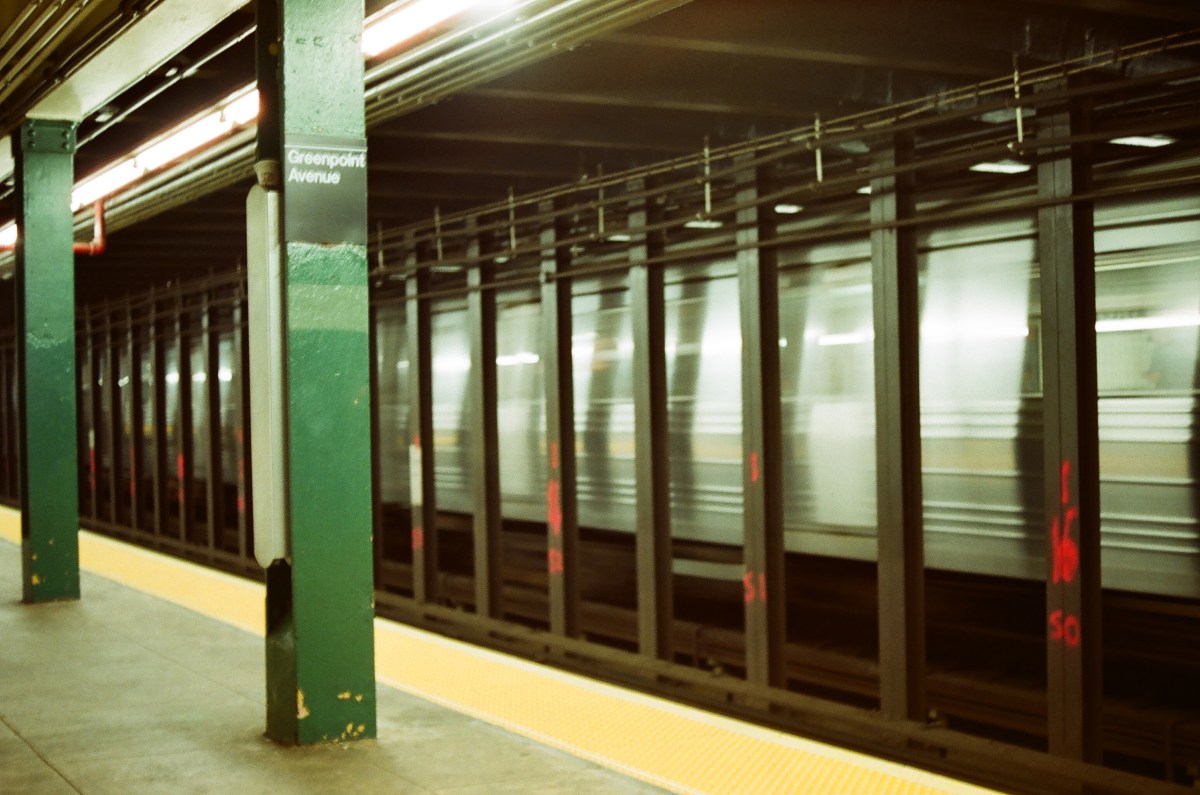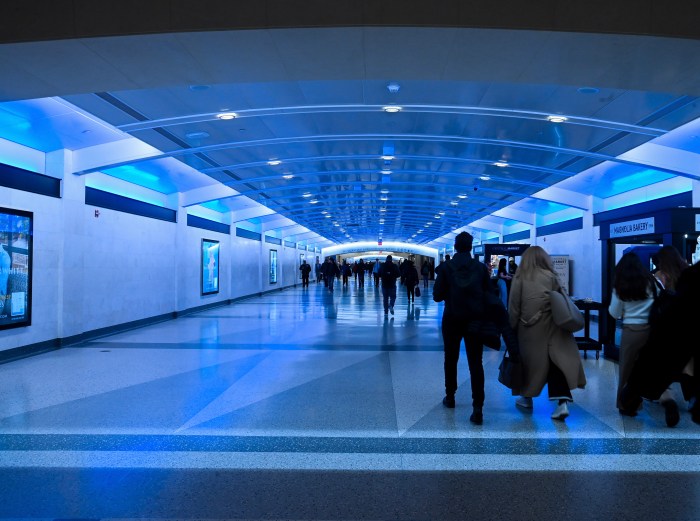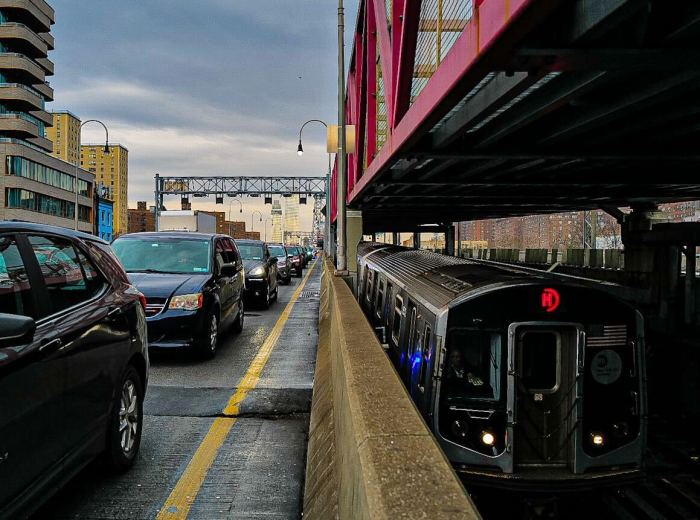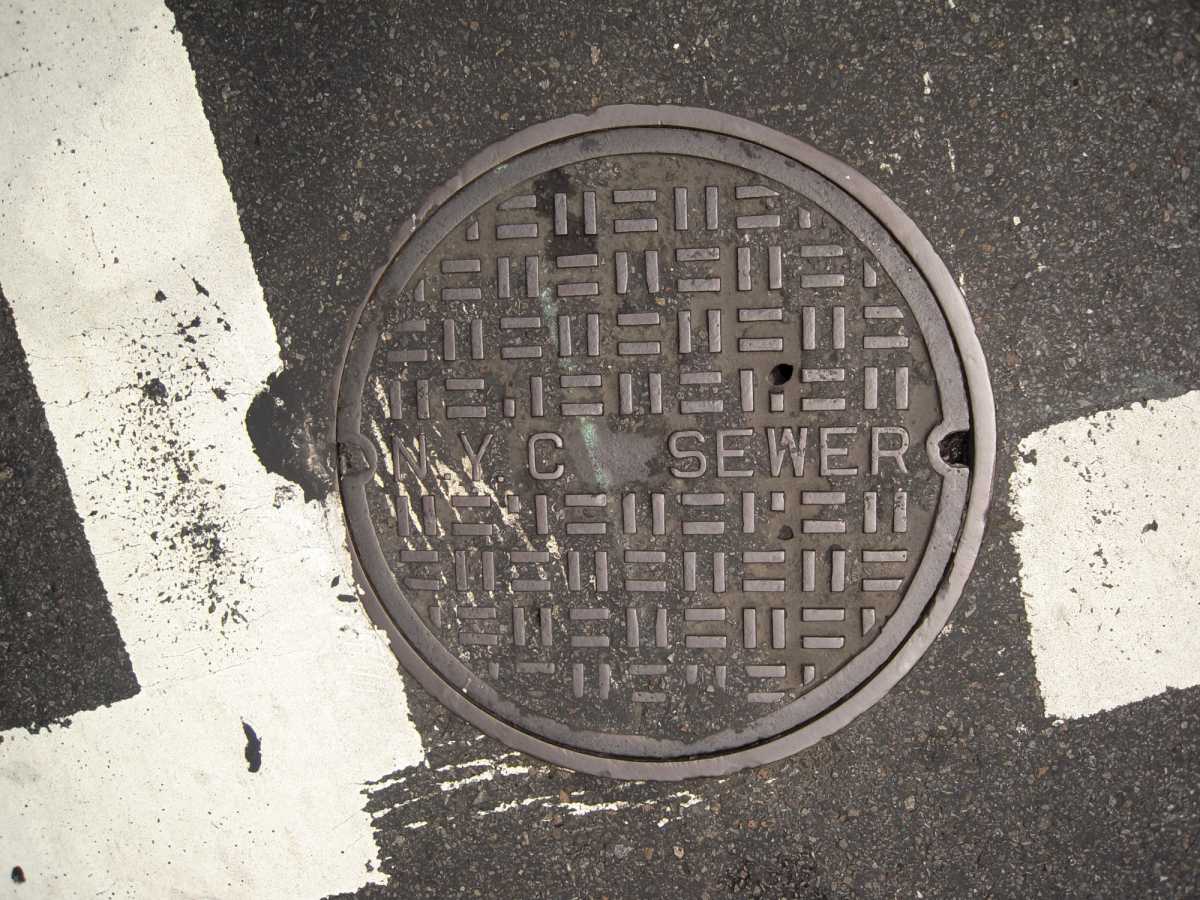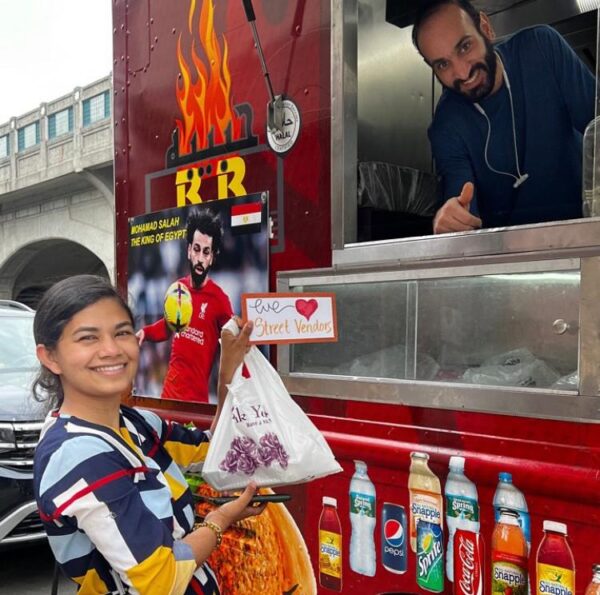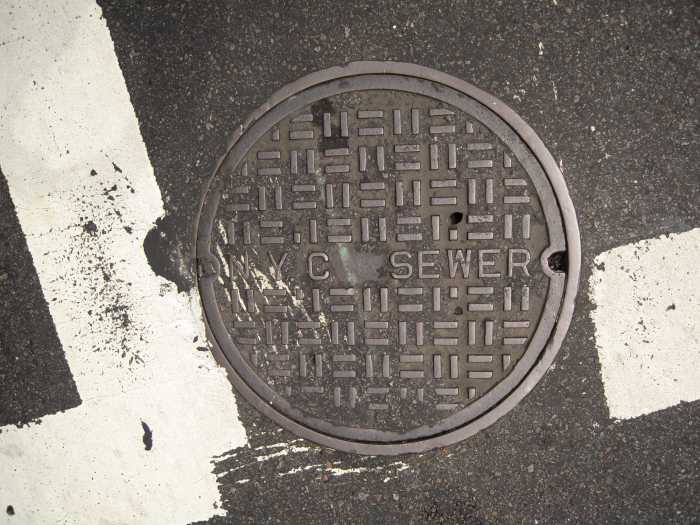MTA Chair Pat Foye sent a letter to the New York Congressional Delegation appealing for $4 billion in aid as it continues service as usual in the midst of the coronavirus epidemic.
In the letter, Foye cites dramatic ridership decline of up to 60% on the subways alone as operating expenses stay the same and intensive sanitizing measures remain in place.
The $4 billion requested by the MTA comes from an estimate of losses on the scale it is experiencing over a course of six months, or $3.7 billion, and said the agency has committed to $2.8 billion in savings over the coming years.
“We continue to operate our subways, railroads, buses, and Access-A-Ride services around the clock, helping to get essential employees… where they need to be,” Foye said. “But the stark reality is that as more people stay home following the advice of medical experts, the MTA is now facing financial calamity.”
Subways are not the only agency in the authority taking a hit, however.
A drop in ridership of 49% on buses, 90% on Metro-North and 67% on Long Island Rail Road were also detailed by Foye, who said at a certain point federal funding to cover certain operating costs may be pitted against state of good repair expenses.
The crux of Foye’s argument centered on New York’s status as the producer of 10% of the nations gross domestic product and that if the MTA is expected to be the engine that drives the state’s workforce, it will need funding to bounce back from the crisis.
“As you know, New York is one of the top donor states, sending Washington $35 billion more every year than it receives in federal assistance. Now that it’s desperately needed, we’re asking for the federal government to redirect some of this money back to New York,” Foye said.
On Monday, the MTA was adamant when asked by amNewYork Metro if service cuts were under consideration to which a spokesman replied, “No. None.”
Riders Alliance, a perennial critic of the MTA, and Reinvent Albany both backed the agency’s call for the federal funds in order to promote economic recovery citing estimates from the American Public Transit Association that nationwide, transit authorities could be hurting by $12 billion.
According to their own letter to the delegation:
“Governor Cuomo says ‘[New York] government cannot meet this crisis without the capacity of the federal government.’ We 1 agree, and as advocates for the Metropolitan Transportation Authority (MTA) and the nearly nine million daily riders who use the system, urge you to ensure that the MTA is protected with a full federal aid package of at least $4B as requested by the MTA in emergency operating support in response to the COVID-19 crisis.”
But not everyone who heard the call was behind the MTA in its demand.
Larry Penner, a transit expert with 31 years under his belt working for the Federal Transit Administration said the funding could come from obvious, already allocated places: Phase 2 of the Second Avenue Subway.
“The MTA has budgeted $4 billion of local funding within the $51 billion 2020 – 2024 Five Year Capital Plan toward paying for the $6.9 billion Second Avenue Subway Phase Two,” Penner said. “Why doesn’t the MTA make the difficult financial decisions everyone else does? Given the current financial crises faced by all levels of government, the MTA should postpone funding this project until the next 2025 – 2029 Five Year Capital Plan. Use these funds currently available under the $51 billion 2020 – 2024 Five Year Capital Plan toward dealing with additional $4 billion costs incurred by the Corona Virus.”
While companies that have the capacity to do so have been asked by Governor Andrew Cuomo to allow employees to work from home, Wednesday morning he put in place a requirement that businesses no longer staff brick-and-mortar locations with any more than 50% of what they normally would.
Meanwhile, shared rides on Uber and Lyft have been tabled by Mayor Bill de Blasio for the time being, and Via is offering 20% off to customers with essential needs.



